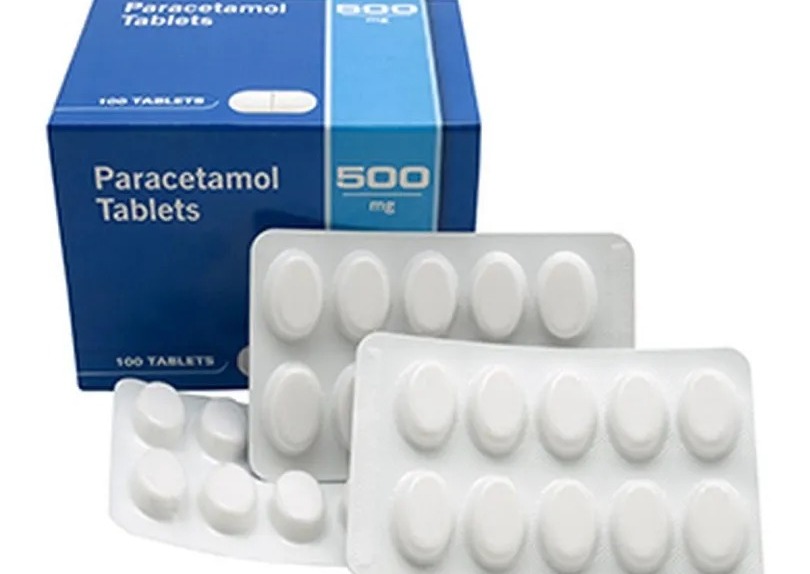Paracetamol May Raise Risk of Heart, Kidney and Digestive Complications: Study

Paracetamol May Raise Risk of Heart, Kidney and Digestive Complications: Study
Repeated paracetamol use linked to gastrointestinal bleeding, heart failure, and kidney issues among adults aged 65 and above, according to UK research.
A recent study conducted by researchers at the University of Nottingham, UK, has revealed that paracetamol, one of the most widely prescribed painkillers may increase the risk of gastrointestinal, heart, and kidney-related complications in elderly adults, particularly those aged 65 and above. The findings challenge the long-held perception of paracetamol’s safety, especially for chronic pain management conditions such as osteoarthritis.
The study, published in the journal Arthritis Care and Research, analyzed health records of 180,483 adults aged 65+ who were repeatedly prescribed paracetamol (more than two prescriptions within six months) between 1998 and 2018. Their health outcomes were compared with those of 4,02,478 elderly adults who had no repeated prescriptions for the drug.
Key Findings of the Study:
Gastrointestinal Complications:
• A 24% rise in risk of peptic ulcer bleeding (bleeding ulcers in the digestive tract).
• A 36% increase in risk of lower gastrointestinal bleeding.
Kidney and Cardiovascular Issues:
• 19% higher risk of chronic kidney disease.
• 9% increased risk of heart failure.
• 7% elevated risk of hypertension (high blood pressure).
Lead researcher Weiya Zhang from the University of Nottingham’s School of Medicine said, “Due to its perceived safety, paracetamol has long been recommended as the first-line drug treatment for osteoarthritis in older individuals. However, given its minimal pain-relief effect and the observed risks, this approach now needs to be carefully reconsidered.”
Implications for Long-Term Use
Paracetamol, commonly used to treat mild-to-moderate fever, headaches, and joint pain, is often the first drug of choice for osteoarthritis—a chronic condition causing joint pain and stiffness due to wear-and-tear. However, excessive reliance on the drug may cause unintended health issues, particularly among seniors.
According to the Mayo Clinic, overuse of medications like paracetamol can also trigger “medication overuse headaches” and contribute to lifelong headache conditions or substance dependency.
Expert Advice and Recommendations
Doctors emphasize the need to:
• Limit Paracetamol Use: Seek medical advice if you take painkillers more than twice a week.
• Address Triggers: Manage potential triggers such as stress, poor sleep, irregular meals, and dehydration to avoid overreliance on medication.
• Monitor Chronic Pain Conditions: Explore alternative therapies or treatments for osteoarthritis and other long-term conditions.
What’s Next?
While the findings signal a need for caution, the researchers stress that further studies are required to confirm the results. Nevertheless, the evidence calls for a reassessment of paracetamol as the primary treatment for chronic pain in elderly individuals.
With paracetamol being a cornerstone of pain management globally, this study highlights the importance of personalized medical advice and monitoring, especially for vulnerable age groups.












